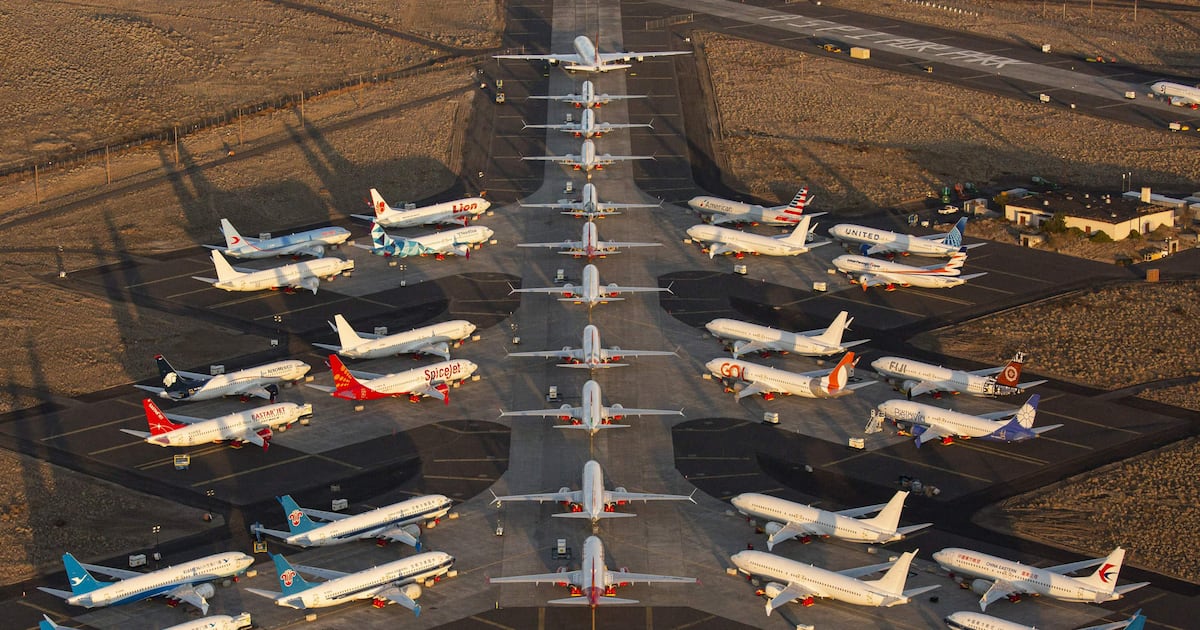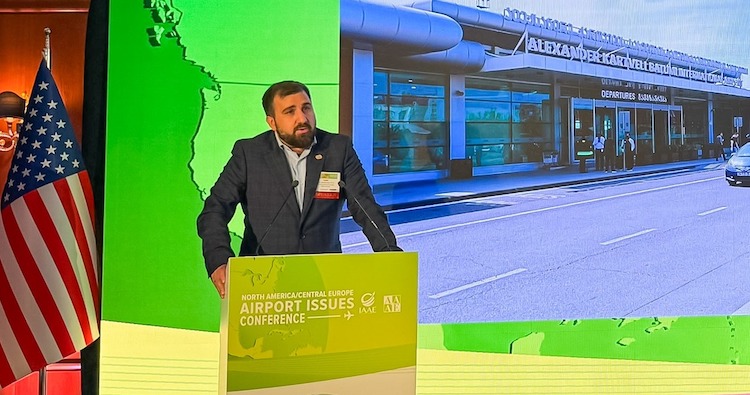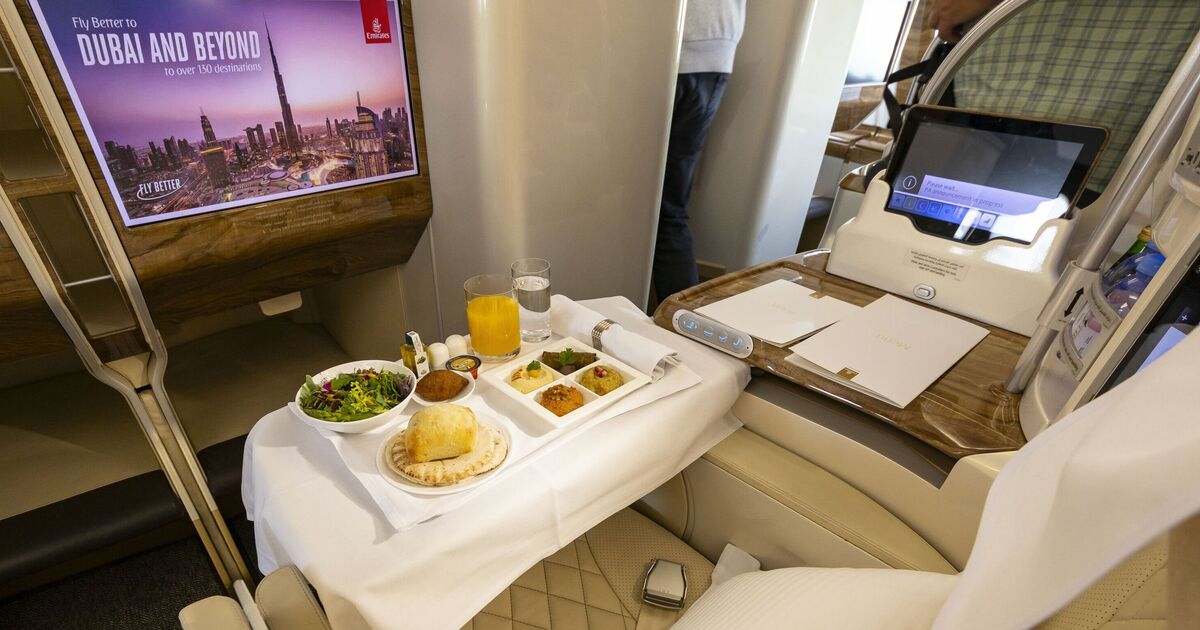The head of the Federal Aviation Administration said on Thursday the agency was “too hands-off” in its oversight of Boeing before the January mid-air emergency involving a new Alaska Airlines 737 Max 9.
“The FAA should have had much better visibility into what was happening at Boeing before January 5,” said the regulator’s administrator Mike Whitaker at a Senate Commerce Committee hearing.
He said the agency had permanently boosted the use of in-person inspectors and would visit a Boeing factory in South Carolina on Friday.
The FAA’s approach before then “was too hands-off, too focused on paperwork audits and not focused enough on inspections”, Mr Whitaker added.
“We will utilise the full extent of our enforcement authority to ensure Boeing is held accountable for any non-compliance,” he said.
“We currently have multiple active investigations into Boeing.”
US federal officials ordered the immediate grounding of some Boeing 737 Max 9 aircraft pending inspections after the Alaska Airlines flight carrying 177 passengers suffered a blowout that left a gaping hole in the side of the fuselage.
Mr Whitaker said the agency will continue increased on-site presence at Boeing and its supplier Spirit AeroSystems “for the foreseeable future”.

He added that the FAA has “additional inspections at critical points of the production process”.
“We must develop a more dynamic oversight protocol that allows us to anticipate and identify risks before they manifest themselves as events,” he said.
After the Alaska Airlines incident, “the FAA changed its oversight approach and those changes are permanent”, Mr Whitaker said.
“We have now supplemented our audits with more active, in-person oversight – the ‘audit plus inspection’ approach.”
While the January 5 Alaska Airlines incident did not result in injuries, it brought renewed scrutiny of the plane manufacturer after years of safety problems.
On May 30, Boeing delivered a comprehensive quality improvement plan to the FAA after Mr Whitaker in late February gave Boeing 90 days to develop a plan to address “systemic quality-control issues”.
As part of this plan, Boeing is required to have a mandatory safety management system and strengthen the anonymous reporting systems so employees can share concerns without fear of reprisal.
Boeing also faces potential criminal prosecution related to two crashes in 2018 and 2019 that killed almost 350 people, the Justice Department has said.
“There must be a fundamental shift in the company’s safety culture in order to holistically address its quality and safety challenges,” Mr Whitaker told the committee.
“This is about systemic change, and there’s a lot of work to be done.”
Updated: June 13, 2024, 4:41 PM



